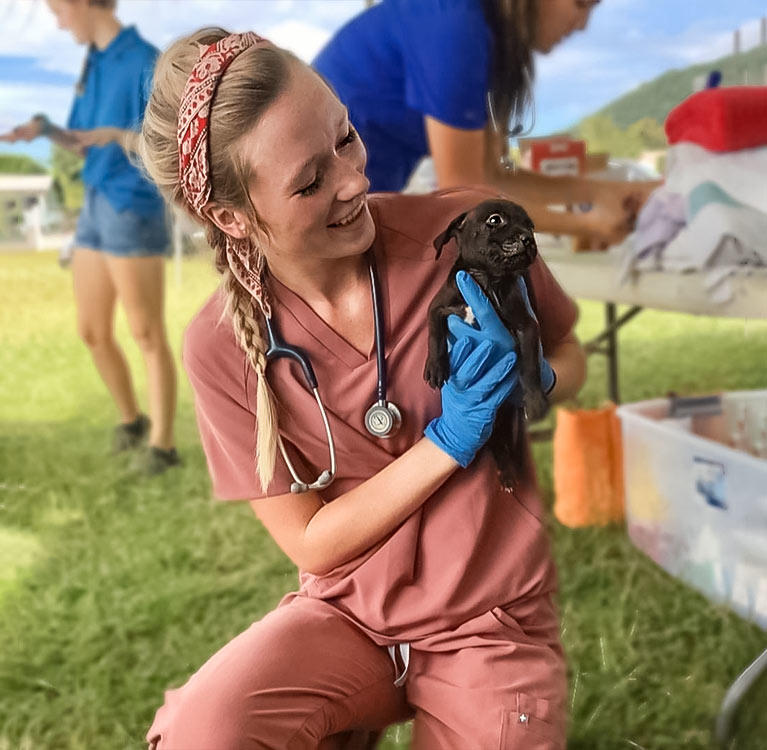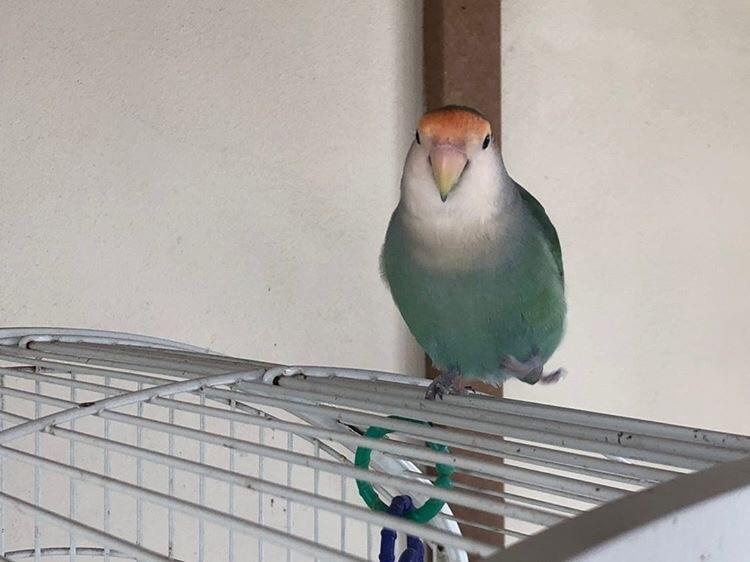Having a pet can be a rewarding experience for any individual or family. It helps teach children (and adults!) how to nurture and care for another being, provides companionship for individuals, and can even have significant health benefits for people. Some pets are easier to take care of than others, but all pets require daily care. Whether you’re a first-time pet owner or just want to know what’s involved in taking care of animals before taking the plunge, the following will serve as an animal care guide and give you some basic guidelines for keeping a healthy pet.
What To Feed Your Pet
Just like humans, pets need fresh food and water to meet their nutritional needs and stay healthy. Adult dogs and cats are among the easiest pets to take care of and typically eat dry kibble or canned wet food twice a day, while rabbits get a daily dose of pellet food mixed with hay and vegetables. Snakes require “live” food every few days, so your level of queasiness regarding meal preparation should factor into the type of pet you bring home. Consult your vet to determine the type and amount of food that’s right for your pet. Make sure they always have access to fresh water, and be sure to wash and clean their bowl or bottle regularly.
While it’s important to feed your pet the proper diet, it is also extremely important to keep certain foods out of their reach. Seemingly innocuous foods, such as chocolate, grapes, garlic, and onions, are poisonous for dogs and cats. Always check what type of food your pet can have before feeding them a special treat.
Providing A Safe Environment When Taking Care Of Animals
All pets need a safe, clean environment in which to live. Dirty or wet living conditions can lead to illness, so only consider getting a pet if you are committed to regularly cleaning its home.
Dogs often do best when they are crate trained so that they have a designated space in your home. Cats love having a cozy cat bed to rest in and also require a clean litter box and a surface to scratch. Small and easy animals to take care of such as rodents, rabbits, gerbils, and hamsters, need a cage with sufficient space, bedding, access to water, and equipment for exercise.
Other small animals that are easy to take care of like lizards and snakes need the temperature and humidity in their tank carefully controlled. Purchase a heater and a UV light with a timer, and research what type of environmental conditions are right for your species of pet. Too much or too little light can cause your pet to become unhealthy.
If you’re considering getting a fish but aren’t sure what type is right for you, start with a small freshwater fish, such as a betta or goldfish. You’ll need to invest in the right sized bowl or tank, along with a filtration system, light, and thermometer to ensure the environment is right for your fish.
Before adding additional animals to your cage or aquarium, research the type of animal you have and whether it likes to live in groups or needs to be kept alone.
Ways To Provide Exercise For Your Small And Large Animals
If you decide to get a reptile or amphibian, exercise will not be a factor in its care, but most mammals and birds require some form of daily activity to keep them healthy. Rodents like gerbils and hamsters often have a wheel in their cage to help them burn some energy. Budgies, one of the easy birds to take care of, like hanging toys in their cage to play with.
Larger mammals such as dogs require daily exercise, so select a breed that matches the amount of exercise you will be able to provide. If you live in a city and expect to only take the dog for short walks a few times a day, a less athletic breed might be the best choice for you.
In addition to exercise, most mammals need regular attention. Dogs thrive on your affection and cannot be left alone for extended periods of time. Cats can be seemingly more independent than dogs, but they still need a daily dose of affection, whether it’s playing with a toy, curling up in your lap, or staring at you from a distance across the room.
Routine Large And Small Animal Care
Pets large and small require regular visits to the vet to ensure they are healthy. Dogs, cats, and other pets also need regular vaccinations to protect them against disease. Before purchasing a pet, research veterinarians in your area and schedule your first appointment shortly after bringing your pet home. The frequency of visits to the vet will depend on the age and type of animal.
Preparation For Providing the Best Large Or Small Animal Care
Once you’ve decided on the type of pet you’d like, research taking care of animals and their typical personality so that you know what to expect. It’s also wise to research the costs for keeping a pet and prepare a budget to make sure you’re financially prepared to care for your new companion.
At Ross University School of Veterinary Medicine, we train the next generation of leaders in veterinary medicine across a range of environments, from private practice to wildlife and shelter training to teaching and research. Want to learn more about Ross Vet’s program? Start here!
Related Links:






